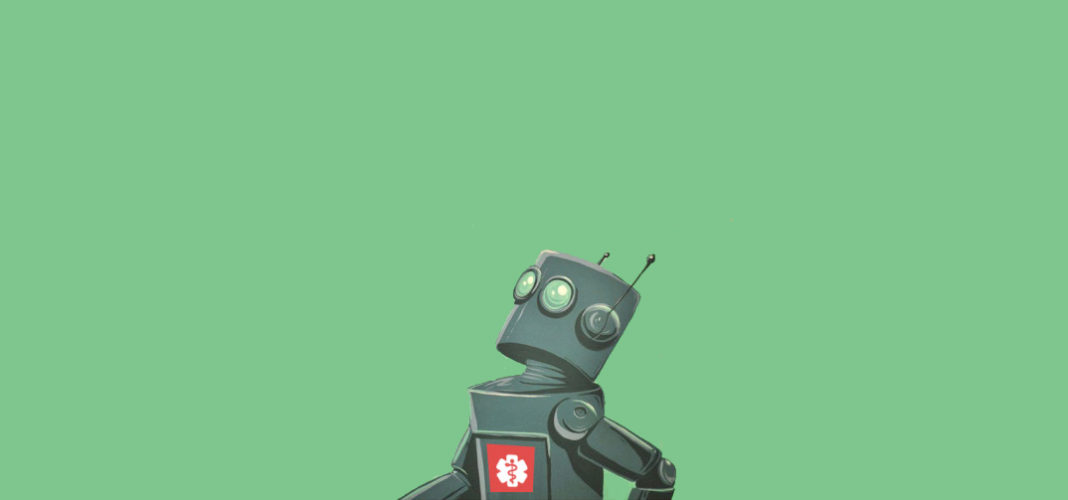There are many things computers already do better than we do. In fact, a 2013 Oxford study forecast that machines might be able to perform half of all U.S jobs in the next 20 years.
I never imagined my job could ever be “computerizable.” How on earth could a machine do a better job than I do in evaluating patients, providing therapy and recommending treatment?
Well, in some cases, it can. By using cameras to follow subtle cues such as micro-facial expressions, the frequency of looking at the floor, as well as speech patterns, new research reveals computers can spot symptoms of depression that psychiatrists may not catch.
Other research suggests people are more honest in therapy sessions when they believe they are communicating with computers, because unlike humans they do not pass moral judgment. Similarly, people are more likely to report suicidal feelings on a smartphone than on a printed questionnaire at a doctor’s office. Computers provide an anonymous and a shame-free environment. Indeed:
Google and WebMD already may be answering questions once reserved for one’s therapist.
Scientists are also using smartphones to collect passive data (such as how many steps someone takes each day, how many emails they send, etc.) and active data (voice samples, mood trackers) to provide objective measurements of mental health.
That said, I don’t think anyone is proposing that computers replace psychiatrists just yet. The secret sauce seems to lie in the combination of the two.
I wish you all the best,
Dr. Samantha Boardman






